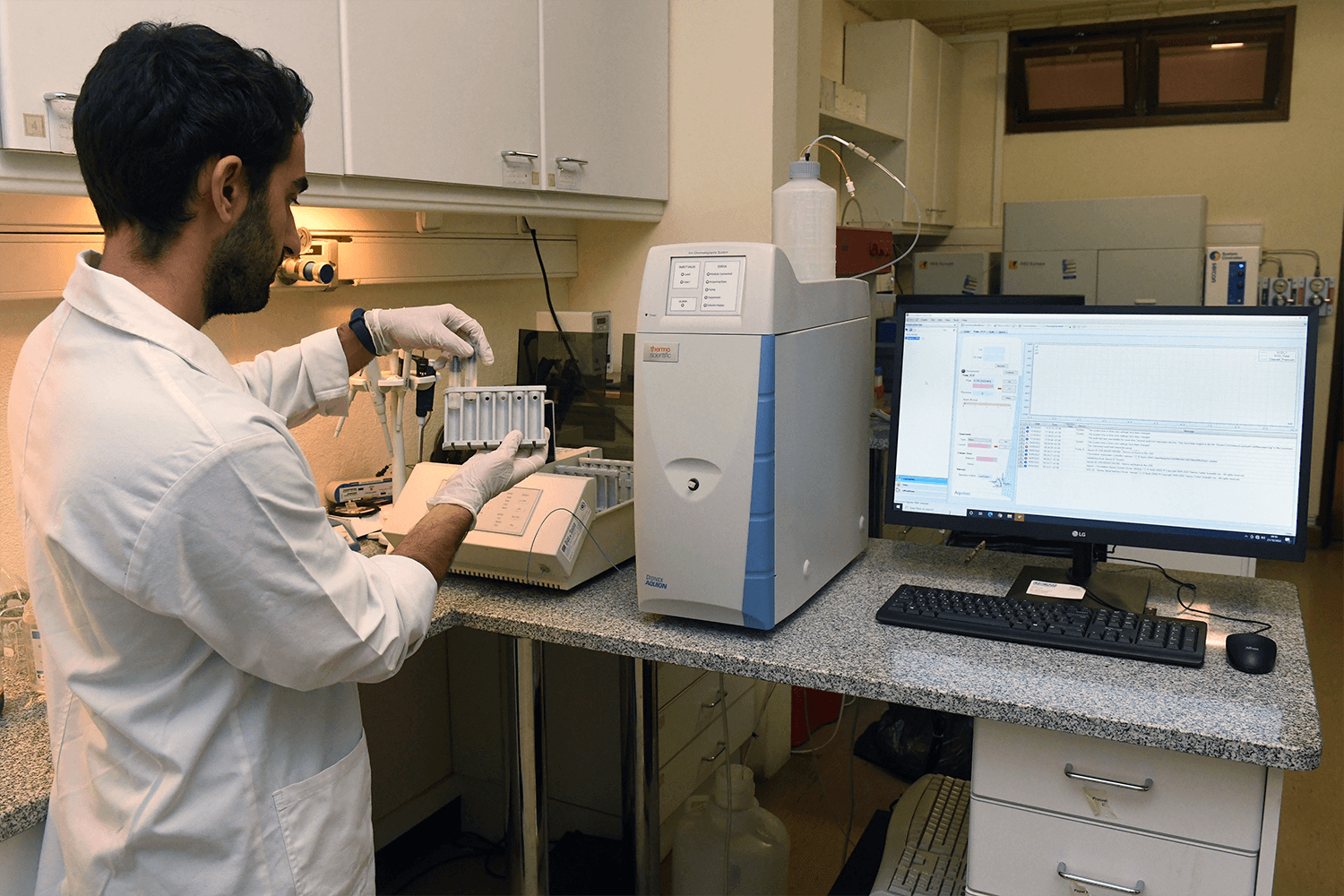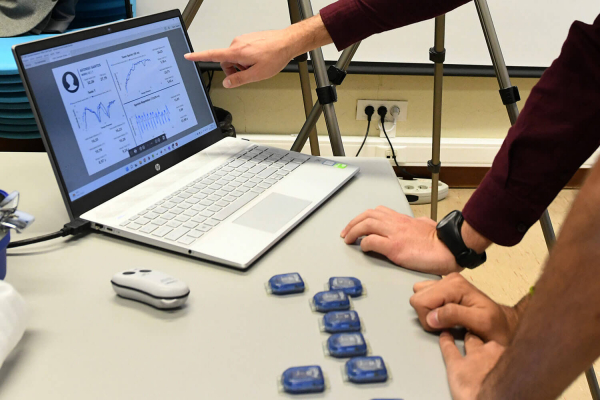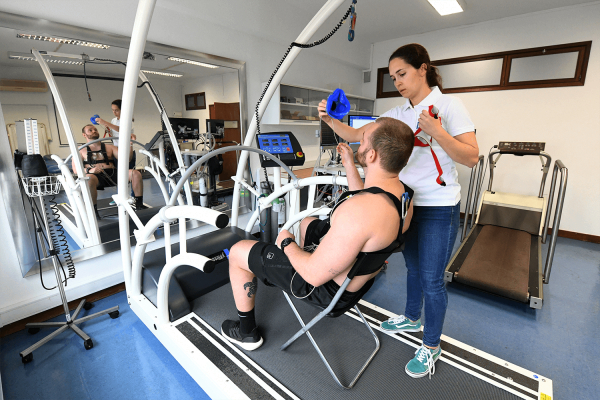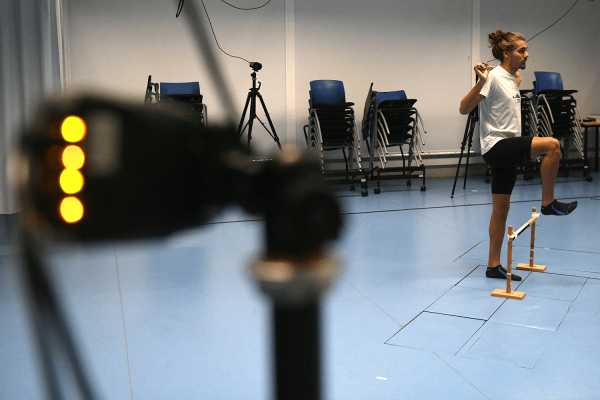
CIPER's activity plan, "Promoting Human Functioning through Physical Activity and Sport During the Life-Course," aligns with WHO's concept of human functioning, integrating biological and lived health comprehensively. Human kinetics, CIPER’s research focus, explores human movement's role in health, employing an interdisciplinary and technological approach for innovative insights.
Research Group
Skill Learning
Research Overview
Skill learning involves processes responsible for changes in movement performance over time due to specific practices, emphasizing the environment and variability. Strategically, the group is focusing on understanding sport performance with a program of work that integrates information, technology, and theory, avoiding mere ‘datification’.
Exercise Precision
Research Overview
Scientific research with a vision and appraisal that responds to the need to reduce measurement error and optimize individualized adaptations to exercise to achieve meaningful group changes in the medium and long term.
Neuromuscular Biomechanics
Research Overview
The focus of the Neuromuscular Biomechanics is to investigate the response of the musculoskeletal system to mechanical stimulation and to ascertain the role of this response to optimized human performance, as well as on the understanding and prevention of pathological conditions related to mechanical loading.
Behavioral Regulation
Research Overview
This Research Group encompasses research areas focusing on the study of behavior change in the areas of physical activity, exercise, eating behavior, digital biomarkers, and serious games - in relation to different exposures and interventions and how they relate to various outcomes of health and well-being, physical and/or mental health.
Selected Publications
Benefits to Performance and Well-Being of Nature-based Exercise: A Critical Systematic Review and Meta-analysis
Worldwide trends in hypertension prevalence and progress in treatment and control from 1990 to 2019: a pooled analysis of 1201 population-representative studies with 104 million participants













